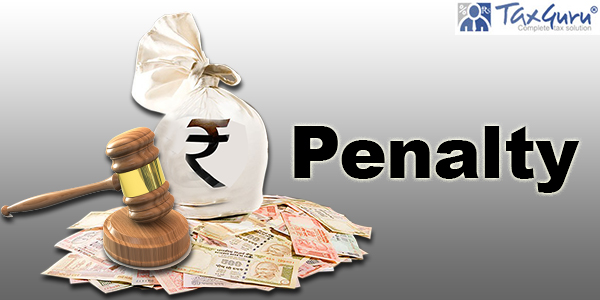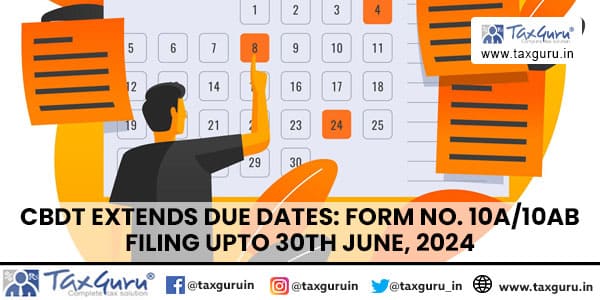Restriction on cash transactions
In India, the quantum of domestic black money is huge which adversely affects the revenue of the Government creating a resource crunch for its various welfare programmes. Black money is generally transacted in cash and large amount of unaccounted wealth is stored and used in form of cash.
In order to achieve the mission of the Government to move towards a less cash economy to reduce generation and circulation of black money, it is proposed to insert section 269ST in the Act to provide that no person shall receive an amount of three lakh rupees or more,—
(a) in aggregate from a person in a day;
(b) in respect of a single transaction; or
(c) in respect of transactions relating to one event or occasion from a person,
otherwise than by an account payee cheque or account payee bank draft or use of electronic clearing system through a bank account.
It is further proposed to provide that the said restriction shall not apply to Government, any banking company, post office savings bank or co-operative bank. Further, it is proposed that such other persons or class of persons or receipts may be notified by the Central Government, for reasons to be recorded in writing, on whom the proposed restriction on cash transactions shall not apply. Transactions of the nature referred to in section 269SS are proposed to be excluded from the scope of the said section.
It is also proposed to insert new section 271 DA in the Act to provide for levy of penalty on a person who receives a sum in contravention of the provisions of the proposed section 269ST. The penalty is proposed to be a sum equal to the amount of such receipt. The said penalty shall however not be levied if the person proves that there were good and sufficient reasons for such contravention. It is also proposed that any such penalty shall be levied by the Joint Commissioner.
It is also proposed to consequentially amend the provisions of section 206C to omit the provision relating to tax collection at source at the rate of one per cent. of sale consideration on cash sale of jewellery exceeding five lakh rupees.
These amendments will take effect from 1st April, 2017.
[Clauses 71, 83 & 84]
Extract of relevant clause from Finance Bill, 2017
Amendment of section 206C.
71. In section 206C of the Income-tax Act,—
(a) in sub-section (1D),—
(A) for the words and brackets “or jewellery or any other goods (other than bullion or jewellery)”, the words and brackets “or any other goods (other than bullion)” shall be substituted;
(B) clause (ii) shall be omitted;
(b) in sub-section (1E), the words “or jewellery” shall be omitted;
(c) in the Explanation occurring after sub-section (11),—
(A) in clause (aa),—
(I) in sub-clause (ii), the words, brackets, figure and letter “or sub-section (1F)” shall be omitted;
(II) after sub-clause (ii), the following sub-clause shall be inserted, namely:—
“(iii) sub-section (1F) means a person who obtains in any sale, goods of the nature specified in the said sub-section, but does not include,—
(A) the Central Government, a State Government and an embassy, a High Commission, legation, commission, consulate and the trade representation of a foreign State; or
(B) a local authority as defined in Explanation to clause (20) of section 10; or
(C) a public sector company which is engaged in the business of carrying passengers.”;
(B) clause (ab) shall be omitted.
Insertion of new section 269ST.
83. After section 269SS of the Income-tax Act, the following section shall be inserted, namely:—
Mode of undertaking transactions.
‘269ST. No person shall receive an amount of three lakh rupees or more—
(a) in aggregate from a person in a day; or
(b) in respect of a single transaction; or
(c) in respect of transactions relating to one event or occasion from a person,
otherwise than by an account payee cheque or an account payee bank draft or use of electronic clearing system through a bank account:
Provided that the provisions of this section shall not apply to—
(i) any receipt by—
(a) Government;
(b) any banking company, post office savings bank or co-operative bank;
(ii) transactions of the nature referred to in section 269SS;
(iii) such other persons or class of persons or receipts, which the Central Government may, by notification in the Official Gazette, specify.
Explanation.—For the purposes of this section,—
(a) “banking company” shall have the same meaning as assigned to it in clause (i) of the Explanation to section 269SS;
(b) “co-operative bank” shall have the same meaning as assigned to it in clause (ii) of the Explanation to section 269SS.’.
Insertion of new section 271DA
84. After section 271D of the Income-tax Act, the following section shall be inserted, namely:—
Penalty for failiure to comply with provisions of section 269ST.
“271DA. (1) If a person receives any sum in contravention of the provisions of section 269ST, he shall be liable to pay, by way of penalty, a sum equal to the amount of such receipt:
Provided that no penalty shall be imposable if such person proves that there were good and sufficient reasons for the contravention.
(2) Any penalty imposable under sub-section (1) shall be imposed by the Joint Commissioner.”.






















Rs. 3 lakh limit is for one time transaction or for one year. Please clarify. Thanks.
Such aggregated payments cannot be made for a single purchase transaction exceeding Rs 3 lakhs.
Cash receipt or expenses not allowed excess Rs.3 Lakh.
If I give a cash payment to a Supplier whole of the year Rs.350000/- in different date by cash can I do that. Please clarify me.